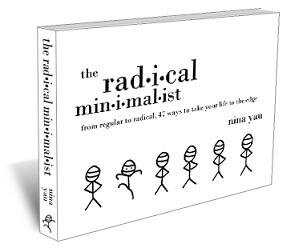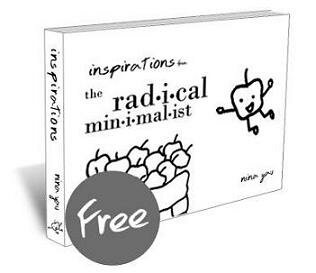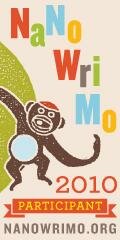Possession is Illusion

Possession is illusion.
Two questions posed by Henry David Thoreau in his book Walden, written in 1854, chronicling his 2 years’ stay on Walden Pond in Concord, Massachusetts:
- How much is enough?
- How do I know what I want?

Thoreau, when cleaning out his 1-room cabin by the pond, would take out all of his things–which wasn’t a lot–and then sweep out his cabin. He looked upon his things sitting there in the grass outside in the middle of the woods. It brought him pleasure and satisfaction, to know that whatever he needed to subsist on, was not a lot. His necessities were:
- Food
- Shelter
- Clothing
- Fuel
I would say this looks like what our necessities are in the 21st century. However, what has been deemed a “necessity” has certainly changed drastically over the years of technological revolution and media influences. Our “necessities” may look more similar to the following list:
- Television with hundreds and thousands of channels
- Hi-speed Internet connection anywhere, anytime
- iPods and the like
- New electronics that continually upgrade every 4 months
- Cars and everything that comes with maintaining one
- Designer handbags, shoes, sunglasses, and clothes
- Shopping
- Dining out several times a week
- New phones every year, with upgrades to phones with Internet, office programs, cameras, video capturing, texting, etc.
- Expensive posh gym membership
Really? Have we become so “advanced” that we are becoming backwards? Backwards in the sense that our priorities are not the priorities required to have an abundant, fulfilled, and gratifying life. What is gratifying, and you may certainly disagree with this, are: honest, open relationships; work that you can be proud of; being one in taking care of your body, health, and mind; enjoying nature’s surroundings; unplugging from society every now and then and just being in quiet solitude; creating masterpieces of written art, photography, paintings, sculptures, architecture, or meals. I speak for myself when I say that this is what brings me joy and fulfillment. It may not be true for others … and to each his own.
Do you recognize yourself or someone you know through the following example?
I once knew a guy who was so obsessed with luxury sports cars and the attainment of one that when I casually mentioned cars are not everything, a fairly bold statement, he blew up. Having exposed his compulsive attachment to cars made him feel less of a person and more vulnerable. Perhaps that is what happens when one fixates all his attention on possessions, in this case, sports cars, and anything less than obsession is unacceptable in that person’s mind. Of course, to him, this was a very natural and fun hobby, but when it borders OCD-behavior and lashing out at others who don’t share the same viewpoint as his, that is when the hobby becomes very unhealthy. And heaven forbid if I ever scratch his car or don’t handle it with the proper attention and care. I might as well be dead.
Therefore, what we possess is actually only temporary ownership. Even my 84 things are not really mine. They are just things I am borrowing while still living in this world. Once you have a firm grasp of this concept of temporary ownership, you are no longer bound by your possessions, as the man in the aforementioned example was. You are, essentially, free.

 Welcome to Castles in the Air, where we're changing the way we think and view the world through minimalism!
Welcome to Castles in the Air, where we're changing the way we think and view the world through minimalism!


